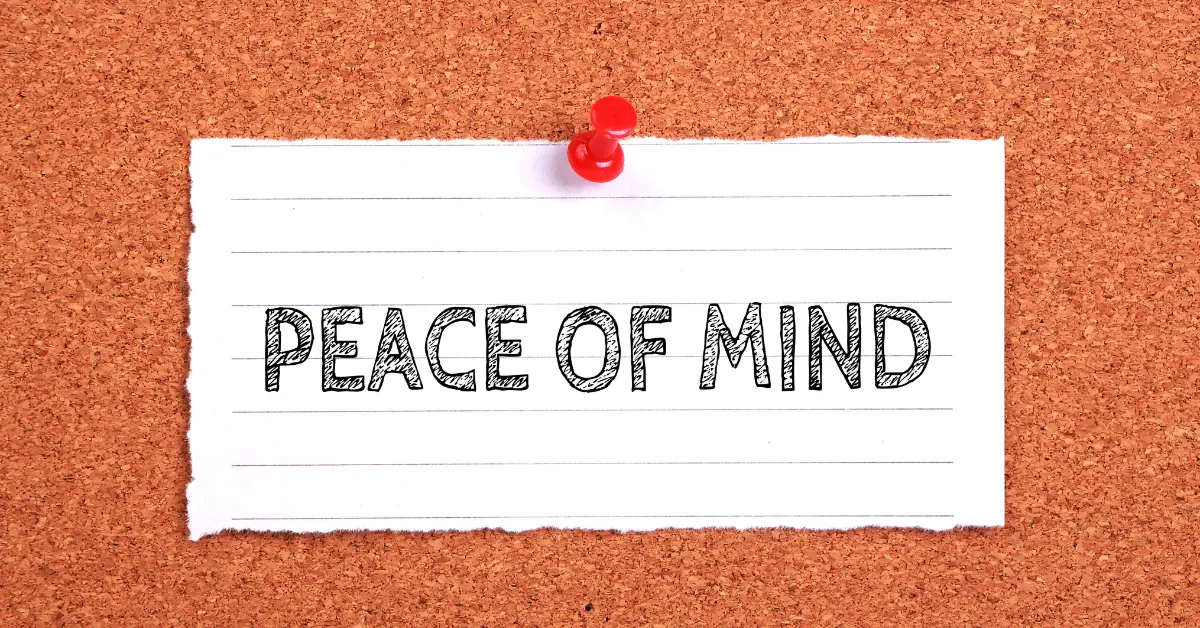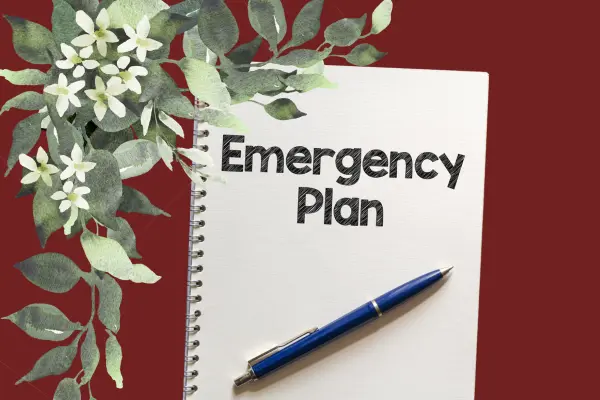The Benefits of Mindfulness for Mental Health: A Guide to Inner Peace

Introduction: Why Mindfulness Matters
Ever feel like your brain has 500 tabs open, and one of them is playing an annoying song you can’t mute? Yeah, same. A few years ago, I found myself drowning in stress, constantly jumping from one task to another, never fully present. My mind was either stuck in the past, replaying embarrassing moments at 2 a.m., or worrying about a future I couldn’t control. If you’ve ever felt this way, you’re not alone—this is exactly why mental health and mindfulness matter more than ever.
I get it. Life can be overwhelming, and sometimes it feels like we’re just trying to stay afloat. The good news? Mindfulness isn’t about becoming a whole new person overnight. It’s about finding small ways to reconnect with yourself, to give your mind a break, and to show yourself the kindness you so easily give to others.
What is Mindfulness? (And No, You Don’t Have to Become a Monk)
Picture this: You’re eating your favorite meal, but instead of actually tasting it, your mind is racing with emails, deadlines, or that cringeworthy thing you said in a meeting. That’s what life feels like without mindfulness—constantly somewhere else instead of here.
Mindfulness is the simple act of being fully present in the moment—without judgment, without distractions, and definitely without doom-scrolling through social media. It’s about noticing what’s happening now—the warmth of the sun, the taste of your coffee, the sound of laughter—rather than getting caught up in the endless noise of our thoughts.
And if you’ve ever felt like you can’t quiet your mind long enough to practice mindfulness, I promise, you’re not doing it wrong. You’re just human. The goal isn’t to silence your thoughts but to become aware of them without letting them control you.
The Science-Backed Benefits of Mindfulness for Mental Health
A few months into practicing mindfulness, I noticed a shift. The stress that once consumed me felt…manageable. I wasn’t perfect (still not), but I felt more in control. And guess what? Science backs this up. Here’s what the benefits of mindfulness for mental health can do for you:
Reduces Stress and Anxiety
Stress and anxiety are like those uninvited guests at a party who eat all the snacks and overstay their welcome. I used to let them rule my life, until mindfulness taught me how to notice stress without letting it take over.
Studies suggest mindfulness meditation lowers cortisol levels (the stress hormone), helping us feel more at ease. The next time stress knocks on your door, try pausing, breathing deeply, and reminding yourself that you are safe in this moment.
Helps Manage Depression
A close friend once told me, “I feel like I’m trapped inside my own head.” I knew exactly what she meant. Negative thoughts can spiral quickly, making it hard to escape. Mindfulness encourages us to observe thoughts instead of being controlled by them. If you’ve ever struggled with overwhelming emotions, please know that mindfulness isn’t a quick fix, but it is a tool that can help. And you deserve support and relief.
Improves Focus and Concentration with Mindfulness Practices
Ever sit down to work and suddenly remember you need to check your email, reply to texts, and reorganize your entire closet? Yeah, me too. I used to struggle with focus—until I started practicing mindfulness. A study from Harvard suggests that people who practice mindfulness have improved attention spans and cognitive function. And trust me, even small changes can make a difference.
Enhances Emotional Well-Being Through Mindfulness for Mental Health
Before mindfulness, I reacted to situations on autopilot. Someone cut me off in traffic? Instant rage. A small inconvenience? Day ruined. Mindfulness helped me pause and choose my response instead of reacting impulsively. If you’ve ever felt like your emotions control you instead of the other way around, mindfulness can be a game-changer.
Promotes Better Sleep for Mental Health and Mindfulness
For years, I spent my nights staring at the ceiling, replaying past mistakes and worrying about future ones. If you’ve been there too, I see you. Mindfulness-based practices have been shown to improve sleep quality by reducing nighttime rumination and promoting relaxation. Try a simple breathing exercise before bed—your future well-rested self will thank you.

Practical Ways to Incorporate Mindfulness into Daily Life
I get it—you’re busy. But here’s the thing: mindfulness doesn’t require extra time; it just requires attention. Incorporating small mindfulness practices into your day is one of the easiest ways to experience the benefits of mindfulness for mental health firsthand. Here are some simple ways to sneak mindfulness into your daily routine:
Mindful Eating for Mental Health and Mindfulness
One day, in the middle of a stressful work meeting, I tried something new—I took a deep breath, then another, focusing only on the rise and fall of my chest. It was like hitting a reset button. If you’re feeling overwhelmed, try it now. Just one deep breath. Inhale… exhale. You’re doing great.
Mindful Eating for Mental Health and Mindfulness
Instead of inhaling food while watching TV, try savoring each bite. Notice the texture, flavor, and aroma. Some days, this practice feels easy. Other days, it’s hard to stay present. That’s okay—just try again.
Mindful Walking to Improve Mental Health and Mindfulness
A few weeks ago, I went for a walk without my phone (shocking, I know). I noticed the crunch of leaves under my feet, the rhythm of my steps, the cool air. It was surprisingly calming. If you’re feeling stressed, a short, mindful walk might help ease your mind.
Gratitude Practice as Part of Mindfulness Benefits
Every night, I jot down three things I’m grateful for. Some days, it’s big things—family, health, love. Other days, it’s small—hot coffee, a good meme, my dog’s goofy face. Gratitude shifts our focus from stress to joy, and I promise, even on the hardest days, there’s always something to be thankful for.
Final Thoughts: You Deserve Peace
Mindfulness isn’t about perfection—it’s about progress. You don’t have to meditate on a mountaintop for three hours a day to notice the benefits of mindfulness for mental health. Simply including small mindfulness practices into daily routines can significantly improve your overall wellbeing over time.
Most importantly, be kind to yourself. If your mind wanders, bring it back gently. If you skip a day, start again tomorrow. This is a journey, not a test, and there’s no such thing as failing at mindfulness.
And now, over to you! Have you ever tried mindfulness? What’s your favorite way to stay present? Drop your thoughts in the comments—I’d love to hear from you. And if you’re struggling, just know this: you’re not alone, and you deserve peace. One breath at a time, you’ve got this.










Segurober… Never heard of it before, but gave it a look. Seems like a newer site. Nothing particularly amazing, but also nothing terrible. Perhaps they will improve over time: segurober
I?¦ve been exploring for a bit for any high-quality articles or weblog posts on this sort of area . Exploring in Yahoo I finally stumbled upon this website. Studying this information So i am glad to convey that I’ve an incredibly just right uncanny feeling I came upon just what I needed. I such a lot unquestionably will make certain to do not omit this website and provides it a glance on a relentless basis.